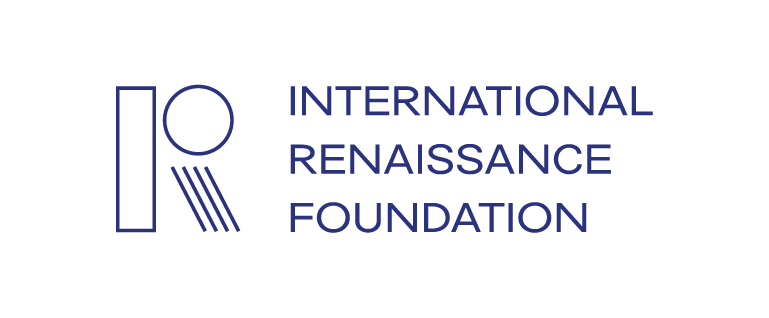Third workshop with representatives from Ukrainian Think Tanks: “Professional Scientific Standards and Policy Analysis”

The workshop “Professional Scientific Standards and Policy Analysis”, organized within the framework of the project “Platform for Analytics and Intercultural Communication” (PAIC) between 12–14 February 2018 in Kyiv. It brought together representatives of Ukrainian think tanks and young researchers from Kyiv and the Ukrainian regions to work on research proposals, presentation skills, research ethics and to learn about useful software tools.
The third workshop in the series focused more closely on the analytical publications on which the participants are working during the course of the project and elaborated on four key topics: The first part dealt with academic writing in general and the preparation of research proposals in particular. The second topic was aimed at enhancing presentation skills and argumentation techniques. The third part introduced the participants to useful reference management software tools, while the fourth section revolved around qualitative research designs and qualitative methods.
After some introductory words by the project leader Ljudmyla Melnyk (IEP, Berlin) and speaker Oksana Huss from the Institute for Advanced Study in the Humanities (KWI Essen), the first workshop session opened with a discussion about best practices, common mistakes and the general structure of research proposals. Huss elaborated in the following units on the objectives and content of convincing research proposals and conducted practical exercises in the preparation of proposals.
In the second topical block, Oksana Huss shed light on the principles and the structure of convincing presentations of analytical publications. A special focus was set on the development of a stringent line of argumentation in the presentation, which later helped to critically review the publications and give constructive feedback in regard to content and structure. The block ended with a comprehensive practical exercise during which the participants presented their own articles and received a thorough review by their peers on the quality of their research in a group discussion.
Sebastian Hoppe, research associate and PhD candidate at the University of Leipzig, presented in the third workshop unit the pros and cons of different reference management tools, namely Citavi and Zotero. Furthermore, he introduced different features of the respective software and which one to use for the specific needs of the participants’ organizations. The application of the reference management instruments was put into practice in an exercise to familiarize the participants with the features of the tools. This unit was met with particular positive resonance as the presented programmes are not in use in Ukrainian universities and literature references are usually managed manually.
As the participants showed strong interest in qualitative methodological approaches during the October workshop, Dr. Anna Wetzel, Research Associate at the Centre for European Social Research (MZES) at the University of Mannheim, addressed qualitative research designs in compliance to their requests. In her session, she elaborated on different qualitative approaches, the design of qualitative research projects, the selection of cases as well as the processing of large qualitative data volumes. It is planned to expand the proportion of qualitative research topics in future workshops.
A positive long-term impact has already become evident. Various aspects from the previous workshop have been utilized by the participants: especially participants who work at think tanks and universities reported that they conducted workshops on Policy Analysis for their colleagues and students. Others created a corporate design for their email communication, which has been a subject in an earlier workshop, and established it in their organizations.
Furthermore, the workshop handouts about Policy Analysis were used as teaching material for a student group at the Anti-Corruption Research and Education Centre (ACREC) with the reference to the project PAIC. State-run think tanks also showed interest in cooperating within the framework of the project and will be included as an additional target group in future. During the workshops and individual expert talks the idea of developing a Ukrainian handbook on Policy Analysis and Communication of research proposals has been expressed and will be considered.
The participants of the workshops now have the opportunity to work on their analytical publications and apply to a study trip to Berlin. Under the scope of the study trip they are given the opportunity to attend the final conference and present their Policy Papers to an expert audience.
The workshop took part within the framework of the project “Platform for Analytics and Intercultural Communication” (PAIC) which is conducted by Institute for European Politics (IEP, Berlin) in cooperation with the International Renaissance Foundation (IRF, Kyiv), Ilko Kucheriv Democratic Initiatives Foundation (DIF, Kyiv) and the think tank initiative think twice UA (Kyiv). The project is supported by the Federal foreign office of Germany in 2017 – 2018.









